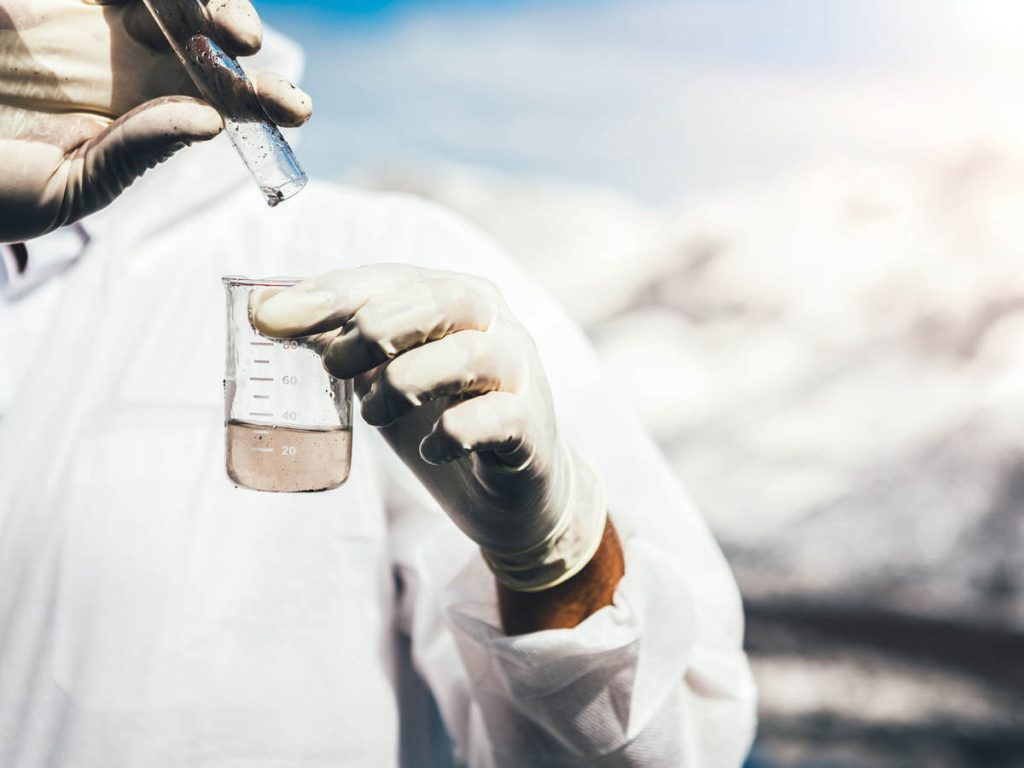In today’s highly regulated and quality-conscious marketplace, ensuring that your products meet industry standards and comply with regulations is paramount. Chemical testing plays a pivotal role in this process, enabling companies to validate the safety, efficacy, and quality of their products. In this post, we’ll delve into the world of chemical testing, exploring its significance, methods, and how it helps you meet product standards and regulatory requirements.
Why is Chemical Testing Essential? Chemical testing is a comprehensive approach to evaluating the composition, performance, and safety of products across various industries. It’s not limited to any single sector; rather, it’s a universal tool used to guarantee product quality, protect consumer health, and ensure compliance with industry-specific regulations.
Key Industries that Rely on Chemical Testing:
- Pharmaceuticals: Pharmaceutical companies must validate the chemical composition of drugs to ensure they meet pharmacopoeial standards. This process is vital to confirm safety, efficacy, and consistency.
- Food and Beverages: Food manufacturers use chemical testing to verify product quality, nutritional content, and safety. This is essential to meet food safety regulations and maintain consumer trust.
- Cosmetics: Chemical testing is crucial in the cosmetics industry to assess the ingredients’ safety, stability, and labeling accuracy.
- Automotive: Automotive manufacturers perform chemical testing on materials used in vehicles to ensure they meet safety standards and environmental regulations.
- Environmental Monitoring: Government agencies and environmental organizations rely on chemical testing to monitor air and water quality, ensuring that pollution levels remain within acceptable limits.
Types of Chemical Testing:
- Analytical Chemistry: This encompasses a wide range of techniques, such as spectroscopy, chromatography, and mass spectrometry, to identify and quantify the components in a sample.
- Material Testing: Material scientists conduct chemical testing to examine the properties of materials, including strength, durability, and resistance to environmental factors.
- Toxicology and Safety Testing: Assessing the toxicity of products is critical, especially in pharmaceuticals and chemicals. This includes acute, subacute, and chronic toxicity testing.
- Environmental Testing: This involves analyzing samples from the environment to determine the presence of pollutants and their impact on ecosystems.
- Stability Testing: Companies test products under various conditions (e.g., temperature and humidity) to ensure they remain effective and safe throughout their shelf life.
Ensuring Regulatory Compliance: Chemical testing is closely aligned with regulatory compliance. Many industries have stringent guidelines that products must adhere to. Failing to meet these standards can result in costly recalls, legal liabilities, and damage to a company’s reputation. By conducting thorough chemical testing, businesses can prove that their products comply with these regulations, reducing the risk of non-compliance.
The Role of Accredited Laboratories: Chemical testing is typically conducted in accredited laboratories, ensuring the results are reliable and scientifically sound. These labs follow established standards and protocols, and their findings are often accepted as evidence of product quality and safety in legal and regulatory contexts.
Chemical testing is an indispensable tool for businesses across various industries. It ensures that products meet rigorous standards, comply with regulations, and maintain consumer trust. By embracing the principles of chemical testing, companies can not only avoid costly legal issues but also enhance their reputation as providers of safe and high-quality products. So, whether you’re in the pharmaceutical, food, automotive, or any other industry, integrating chemical testing into your quality control and compliance processes is a must in today’s competitive and regulated market.

